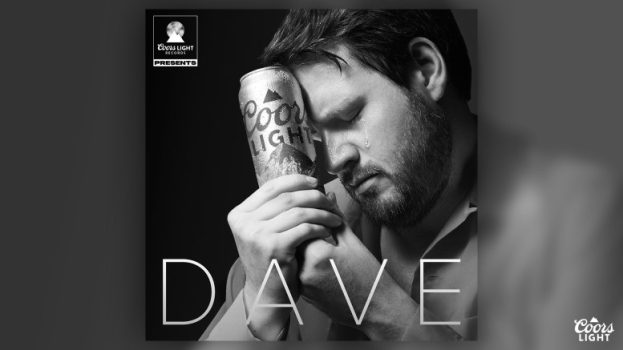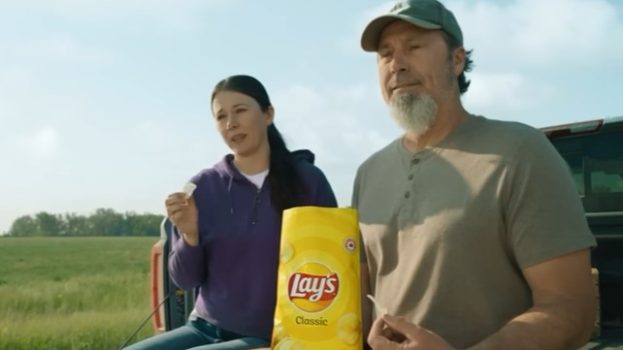 Vancouver frozen beverage brand Blender Bites is getting a significant redesign ahead of a planned national launch in May in Walmart and U.S. expansion in August.
Vancouver frozen beverage brand Blender Bites is getting a significant redesign ahead of a planned national launch in May in Walmart and U.S. expansion in August.
“Every retailer is looking to build out that category within their frozen fruit set, and we ticked off all of the boxes in terms of having no internal plastic and all of the functional ingredients people are looking for right now,” explains company founder Chelsie Hodge. “They don’t just want a fruit smoothie, it needs to be more than that. Every product has functionality that we call out on the packaging.”
The Blender Bites brand, launched by Hodge in 2017, is coming to an unnamed “major retailer” stateside in August. That new arrangement arose through the brand’s broker team, Hodge tells strategy – and the brand made headway with the retailer because, while it has a category for frozen fruit, “it doesn’t have anything that’s super strong on the organic side” in what she calls “the easy smoothie category.”
Blender Bites’ packaging has also seen substantial changes in recent months, driven by Hodge and a team of freelancers. At the core of that redesign is the introduction of a more vibrant array of colours, moving the brand away from the white packaging it had previously been known for, to stand out better at shelf.
“The frozen category is hard, because you’re sitting behind a glass door and, half of the time, that glass door is covered in fog,” Hodge says. “So the packaging has to be super strong and very bright.”
According to Hodge, there is also a lot of white in private label, and some of the competition is using more pastel packaging, so it is trying to differentiate itself.
Alongside the colour, the redesign also incorporates a more memorable logo that “tells you what the product is” – it incorporates the image of a blended drink directly into the name of the brand, and features a more eye-catching font that Hodge selected herself.
 These shifts were especially important for the U.S. market, where a strong brand identity is required to drive trial.
These shifts were especially important for the U.S. market, where a strong brand identity is required to drive trial.
Another shift for that market was also the move away from the brand’s previous “puck” language to describe its products – now, instead of promoting them as “superfood pucks,” the brand calls them “one-step smoothies.”
Hodge says the move into the U.S. is particularly exciting because, while the brand has learned a lot of lessons establishing itself with Canadian consumers, “obviously, the big opportunity is the U.S. market because it’s so much larger.”
Among those learnings: the brand’s price point was previously too high, but it was impossible to bring it down without reducing pack size. As such, the brand now comes in packages of four servings (from the previous six), which has allowed it to reduce its price point from $15.99 to below $10, “which is really key for having those strong sales velocities,” Hodge explains.
It also learned to put each product’s most functional callouts – such as its organic and sustainable natures, as well as vitamin contents – directly on the package in a prominent way.
To promote the product in Walmart, the brand will be relying heavily on demonstrations and sampling on the shopper side, as “getting the product in the consumer’s mouth is key for us.”
It will also be very focused on building brand awareness, including through a new partnership with actress and dancer Julianne Hough, whose platform will help the brand build awareness while it also works with her on new innovations, Hodge explains.
“We’re really making [Hough] a brand partner, and discussing with Walmart and other retailers how we can have some collaborations to build awareness there,” she notes. “























